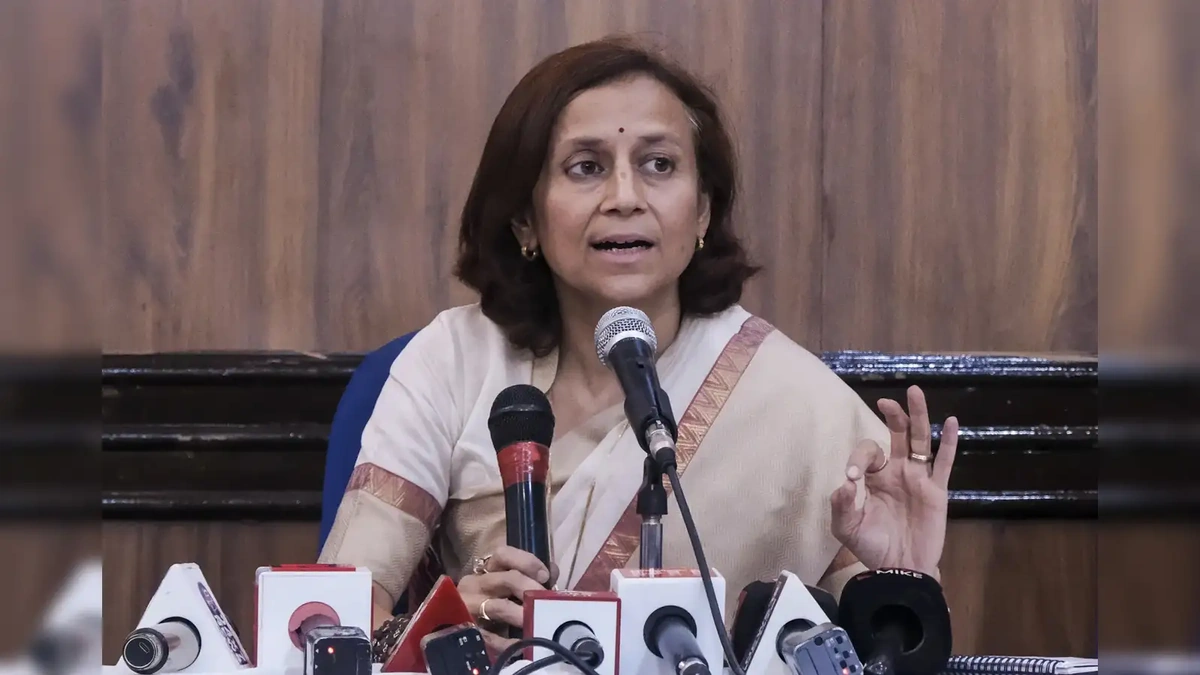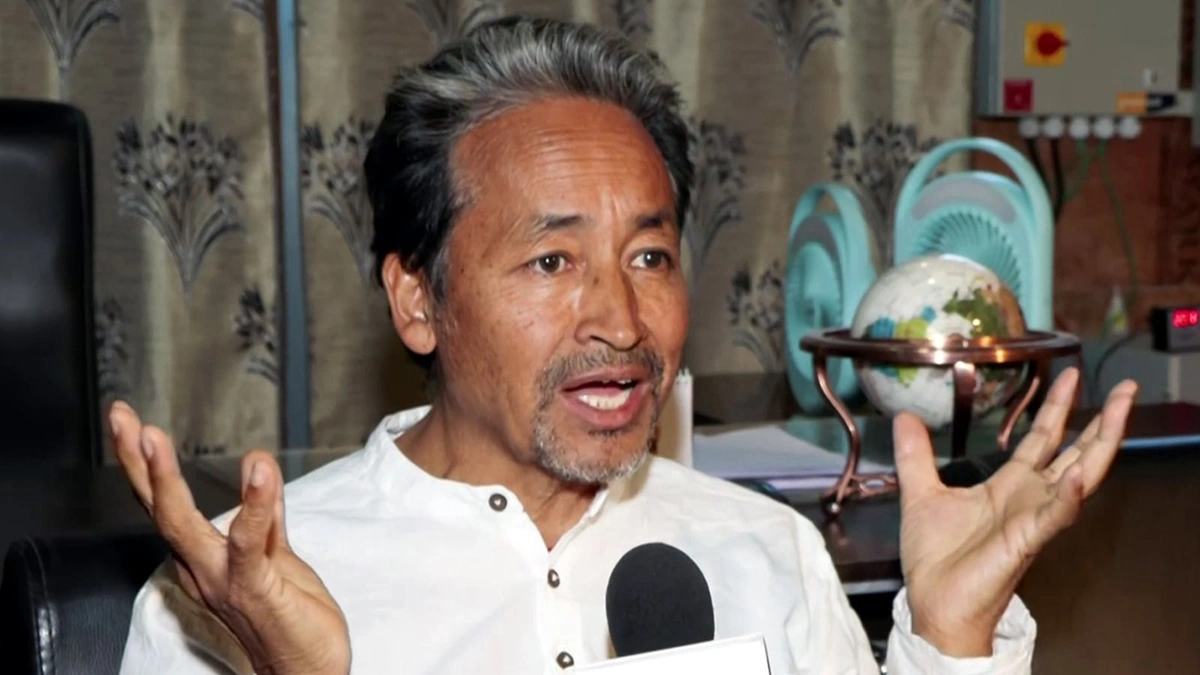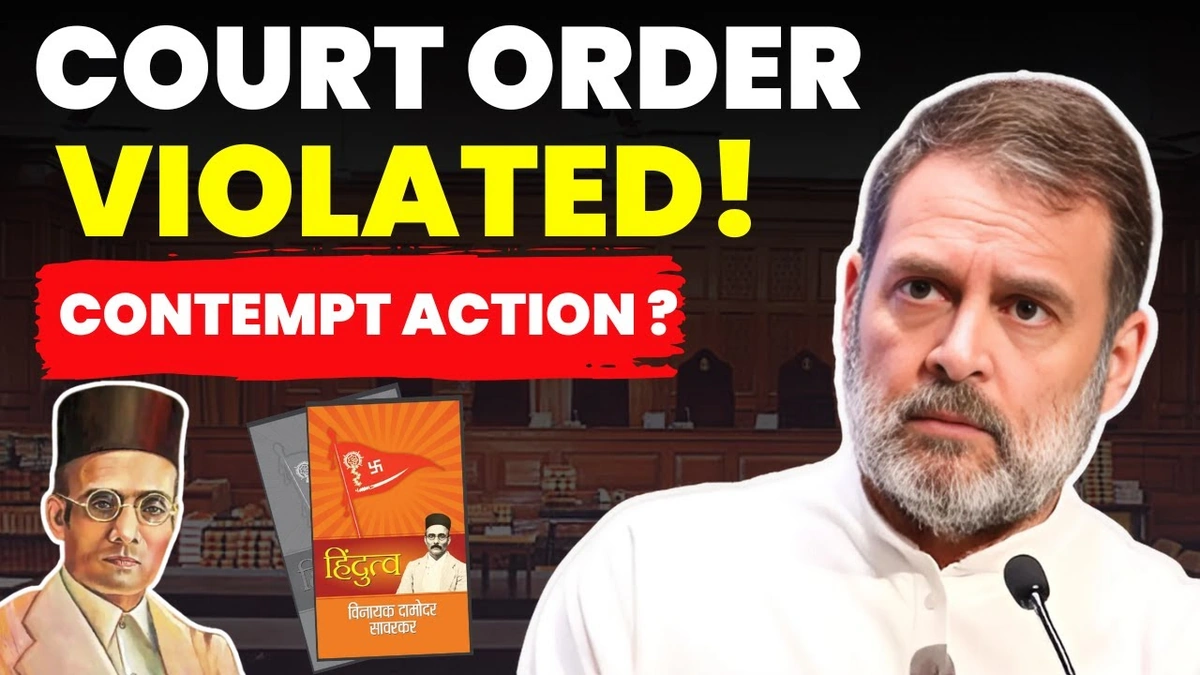Supreme Court Asks Centre for Response on Sonam Wangchuk’s NSA Detention
Okay, let’s be honest. When I first saw the headline – “Supreme Court Asks Centre for Response on Sonam Wangchuk’s NSA Detention ” – my initial thought was, “Another legal battle, another headline.” But here’s the thing: this isn’t just another legal skirmish. This is about the voice of Ladakh, about environmental activism, and about the very definition of national security.
The Supreme Court demanding a response from the Central government regarding Sonam Wangchuk , the education reformist and climate activist, being placed under house arrest under the National Security Act (NSA) – it’s a big deal. It throws a massive spotlight on how dissent is handled in India, especially when that dissent is tied to environmental concerns and regional autonomy. And that’s why this matters more than you might think at first glance. So, let’s dive deep.
The ‘Why’ | Understanding the NSA and Wangchuk’s Concerns

The National Security Act (NSA) – it sounds serious, right? Because it is. It allows the government to detain individuals who are deemed a threat to national security. But here’s where it gets tricky: what constitutes a “threat”? Is it someone actively plotting violence? Or is it someone raising uncomfortable questions about environmental degradation and its impact on a fragile ecosystem like Ladakh?
Sonam Wangchuk , known for his innovative educational reforms and his passionate advocacy for climate change awareness in the Himalayan region, has been vocal about the rapid melting of glaciers and its potential consequences for the region. He even made a viral video highlighting these concerns. The Ladakh region has seen increasing geopolitical tensions, particularly with its border with China. Any potential instability in the region, even if driven by environmental concerns, could be viewed through the lens of national security. This is the complex intersection where Wangchuk’s activism and the NSA clash. Let me rephrase that for clarity: His concerns, while environmentally driven, could be interpreted as potentially disruptive to the region’s stability, especially given the sensitive geopolitical context.
This detention raises a fundamental question: At what point does environmental activism become a perceived threat to national security? This question is especially pertinent in border regions like Ladakh, where ecological changes can have significant socio-economic and strategic implications. His detention raises serious questions about the limits of dissent and the government’s tolerance for criticism, especially when it comes from respected figures like Wangchuk. According to sources, the legal challenge hinges on whether the grounds for detention are substantial and whether due process was followed. The Supreme Court’s intervention underscores the seriousness of the matter and its potential implications for civil liberties in India. This is especially important to consider, given the current climate of political discourse.
The Broader Implications | Ladakh, Climate Change, and Dissent
But it’s not just about one person. This case opens up a Pandora’s Box of questions about the relationship between environmental protection, regional autonomy, and national security. How do you balance the need for security with the right to express legitimate concerns about the environment? How do you ensure that laws like the NSA are not used to stifle dissent, especially in ecologically sensitive areas?
What fascinates me is how this resonates beyond Ladakh. Across India, communities are grappling with the impacts of climate change – from rising sea levels to droughts to extreme weather events. And often, those who raise these issues are met with resistance, even accusations of being anti-national. The climate crisis is a real and present danger, and silencing those who speak out about it only exacerbates the problem. And this is where things get interesting. This is a test case for how India will address these complex issues in the years to come. It’s about setting a precedent – a precedent that either protects the right to dissent or further chills free speech.
Let’s consider the legal aspects more closely. The Supreme Court’s decision to seek a response from the Centre highlights the judiciary’s role as a check on executive power. This is crucial in safeguarding civil liberties and ensuring that the government acts within the bounds of the law. As per legal experts, the court will likely examine the factual basis for Wangchuk’s detention and whether it meets the stringent requirements of the NSA. The outcome could have significant implications for future cases involving preventive detention.
Navigating the Noise | Staying Informed and Engaged
Okay, so what can you do with all this information? First, stay informed. Follow the case closely, read different perspectives, and don’t just rely on sound bites. Second, engage in constructive dialogue. Discuss these issues with your friends, family, and colleagues. Don’t be afraid to challenge your own assumptions and listen to different viewpoints. A common mistake I see people make is thinking their voice doesn’t matter. It does. Whether it’s through social media, writing to your elected officials, or supporting organizations working on environmental protection and civil liberties, every action counts. And that’s the bottom line. This isn’t just about Sonam Wangchuk ; it’s about all of us.
This situation also highlights the importance of local voices in shaping national discourse. Wangchuk’s activism is deeply rooted in the Ladakhi context, reflecting the unique challenges and aspirations of the region. Ignoring these local perspectives risks undermining the very foundations of national unity and progress. As the case unfolds, it’s crucial to amplify these voices and ensure they are heard in the corridors of power.
A Call to Action | From Awareness to Advocacy
Ultimately, the Supreme Court’s intervention is a call to action. It’s a reminder that we all have a responsibility to protect our environment, defend our civil liberties, and hold our government accountable. This isn’t just a legal matter; it’s a moral imperative. Let’s be honest – it’s easy to feel overwhelmed by the complexity of these issues. But the first step is simply to care. To care about the future of our planet, the rights of our fellow citizens, and the values that define us as a nation. And that, my friends, is a powerful starting point.
The debate around sedition laws and their application also comes into play here. Critics argue that such laws are often used to stifle dissent and suppress legitimate criticism of the government. Balancing national security concerns with the fundamental right to freedom of speech is a delicate act, one that requires careful consideration and judicial oversight. As per the guidelines, transparency and accountability are key to preventing abuse and ensuring that these laws are not used to silence dissenting voices.
Final Thoughts | A Turning Point?
So, is this a turning point? Will this case lead to greater protection for environmental activists and a more nuanced understanding of national security? Only time will tell. But one thing is certain: the spotlight is on, and the world is watching. And that gives me a sliver of hope. Because when people are watching, things tend to change. This case is about more than just one individual. It’s about the soul of a nation and its commitment to justice, freedom, and the well-being of its people and its planet. That’s worth fighting for. That’s worth caring about.
The role of technology in activism is also worth noting. Wangchuk’s social media presence has amplified his message and mobilized support from across the globe. In today’s digital age, activists can leverage technology to bypass traditional media channels and connect directly with the public. This has both advantages and disadvantages, but it undoubtedly empowers individuals and movements to challenge established power structures. This case highlights the power of technology in raising awareness and holding those in power accountable.
FAQ
What exactly is the NSA?
The National Security Act allows the government to detain individuals deemed a threat to national security for a specified period.
Why was Sonam Wangchuk detained?
He was detained under the NSA amidst concerns about potential disruptions to public order, particularly after expressing concerns about environmental issues in Ladakh.
What is the Supreme Court’s role in this?
The Supreme Court is reviewing the legality of Wangchuk’s detention and seeking a response from the Central government.
What are the key issues at stake?
Balancing national security with freedom of speech, environmental activism, and the rights of individuals in sensitive regions are key issues.
How can I stay informed about this case?
Follow reliable news sources, legal experts, and human rights organizations for updates and analysis.
What if I want to get involved in environmental activism?
Support organizations working on environmental protection, participate in peaceful protests, and advocate for policies that promote sustainability.













